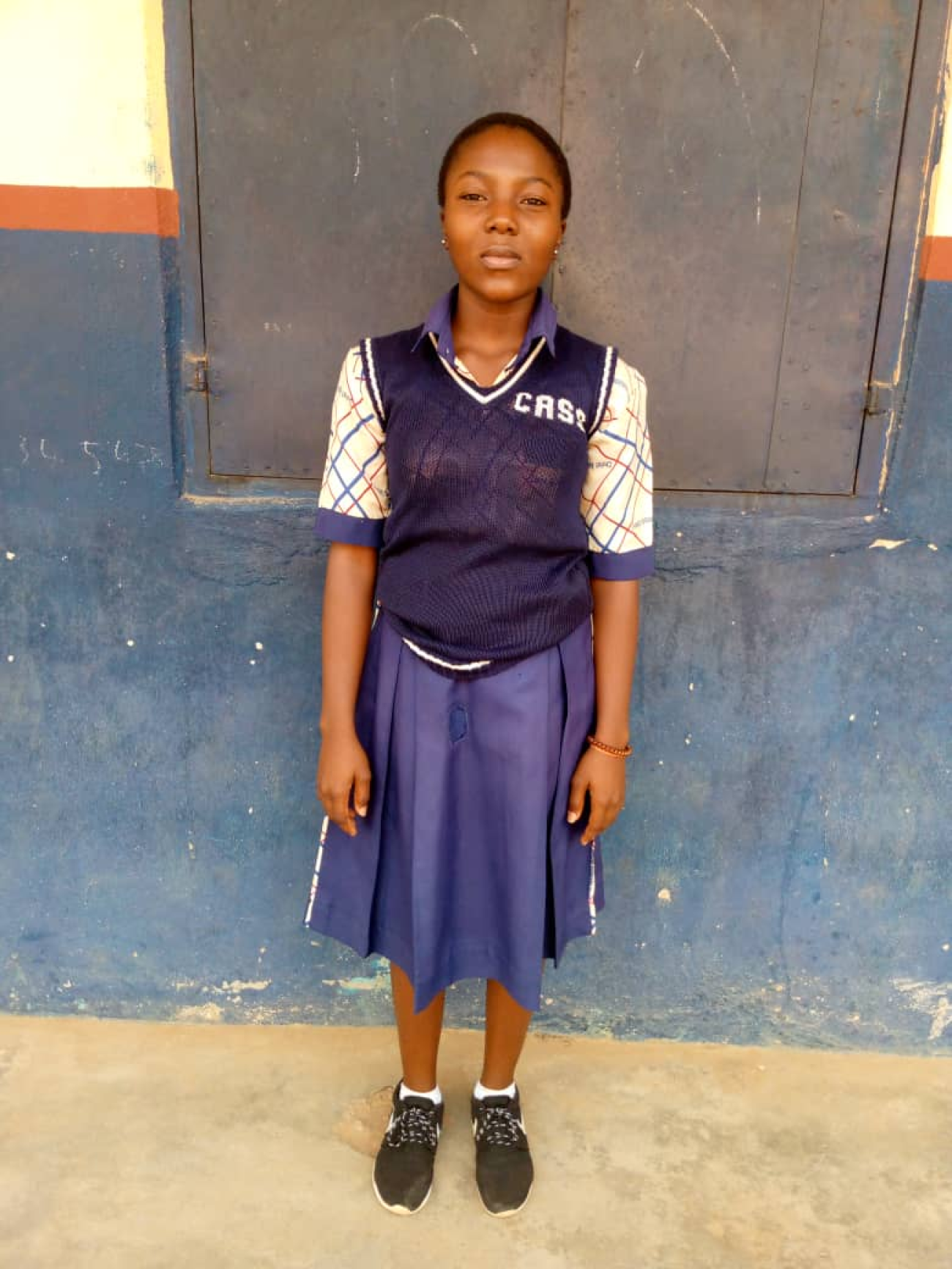17 Stories Project: The Knowledge of Good Health by Sarah Uanzekin

Good health and well-being should be the priority of our lives. Following the adage that says, ‘health is wealth’, If we have stable and good health, we will ha
I once had a neighbour who has a daughter who always falls sick; they didn't know she had an ulcer. Whenever the ulcer reaction starts, her dad usually gives her herbs to drink. It became a daily routine of taking herbs. When it got worse, my mum advised him to take her to the hospital for a check-up, but he declined, saying that it was normal to react that way.
It continued daily, weekly, it didn't stop. It got worse but he still wouldn't listen to my mum's advice to take her to the hospital. It got to a point where she fainted three times in a day. But still, he wouldn't agree to take her to the hospital. Her mum grew worried about the situation and talked to him so that he would change his mind, but he didn't listen. The matter led to a serious quarrel between them. One day when her husband wasn't around when their daughter's ulcer reaction started, the wife refused to give her the native drugs. Instead, she called my mum to assist her in taking their daughter to the hospital.
When they arrived at the hospital, she was immediately admitted. When they checked her, the result was clear: she was a serious ulcer patient and the herbs she had taken, had worsened the situation. She had to stay in hospital for a month before she could be discharged. They prescribed many drugs costing the huge amount of money of ₦30,000.00 on top of the hospital charges. A total of ₦90,000.00.
When the husband came home, he couldn't find his wife and his daughter. He asked the neighbors about their whereabouts, and he was told that they were at the hospital. He was furious. He rushed to the hospital and began shouting at his wife for bringing their daughter to the hospital. They tried to calm him down, but he wouldn't calm down.
One of the doctors took him to his office and explained everything to him. The effects and the importance of drugs were explained to Mr. Akande. He finally accepted that he was at fault in everything that had happened to his daughter. He paid the bills and after a month, she was discharged from the hospital, hale and hearty.
Mr. Akande finally understood the importance of good health, and the importance of drugs prescribed by trained doctors.
I also had another friend. His name is Maxwell. He was a good friend of mine. He loved eating so much that he became a chronic glutton. He ate anything and everything even if it had not been washed. One day, he had a running stomach, and it became a regular problem. It made him really emaciated. The fat Maxwell I knew was now so slim, you could hardly recognize him. When his situation got worse, he was taken to the hospital. He was diagnosed with cholera and diarrhoea. He was advised by the doctor never to eat fruits that were not ripe or not washed and not to eat uncovered, leftover food.
The disease people suffer from are often a result of their carelessness with their health. For many people, it is their hands that cause the trouble for their health and well-being. Cholera, diarrhea and malaria are the most common diseases found in the society. They can cause death. Some of these diseases don't come on their own, but we welcome and embrace them into our lives out of ignorance and we kill our well-being and good health.
Many youths die today because of a little mistake made out of ignorance or rooted in our characters and attitudes. We use dirty hands to cook and eat expecting germs not to come into our systems. We make use of dirty pots, plates, cups and cutleries and do not expect to contract diseases and sicknesses. STOP! We must put a stop to all this carelessness. The learned who have knowledge about good health and well-being should teach others. They should motivate people to practice health and hygiene because their lives depend on it. The government should also create awareness programs about good health and well-being, and it should promote hygienic practices in the general public.
The government can also ensure clean and healthy water in places which lack it. Government can also provide insecticide - treated nets in places where they really need them. If the people in the country abide by the guidance for neatness and cleanliness introduced to them, I'm 100% sure that disease and the occurrence of deaths will be reduced. Sanitation should be the first thing to think about around our communities. We should be able to dispose of refuse properly without littering. We should also be able to clean the drainage systems. In places where there are no drainage systems community should create one and not feel it should wait for the government to do these things for them. There should be well-built toilets in every house to ensure a hygienic society.
Preparation of food should be done in a suitable and hygienic place to ensure the safety of those who will eat the food. If we ensure the safety of our health, then we will continue to move forward and reduce the risk of deaths and diseases in our country. The safety of our lives and health lies in our hands. We should always protect our health and our lives.
ABOUT THE 17 STORIES PROJECT
The 17 Stories project is an SDG Action Campaign designed to engage and motivate children towards taking action for the SDGs through the art of storytelling.
The 17 Stories project is an initiative of the Nigeria Volunteers Network (NVN) led by Vincent Odigie. The Nigerian Volunteers Network is a partner of the UN SDG Book Club African Chapter.
ABOUT THE AFRICAN PERSPECTIVES SERIES
The African Perspective Series was launched at the 2022 Nigeria International Book Fair with the first set of commissioned papers written and presented by authors of the UN SDG Book Club African Chapter. The objective of African Perspectives is to have African authors contribute to the global conversation around development challenges afflicting the African continent and to publish these important papers in the SDG Book Club blog hosted in the Stories section of the UN Namibia site. In this way, our authors’ ideas about the way forward for African development, can reach the widest possible interested audience.
Written by



